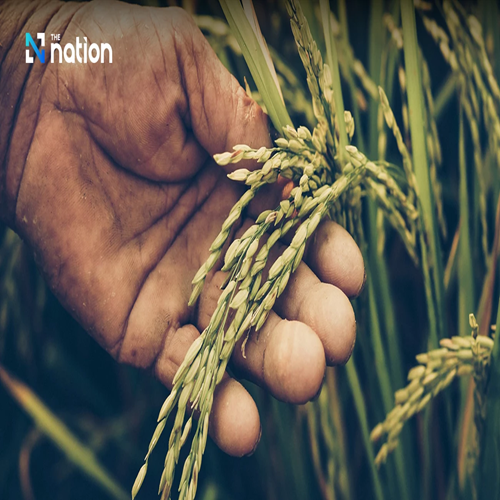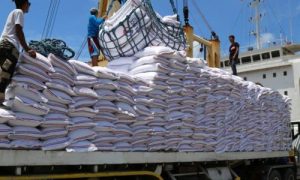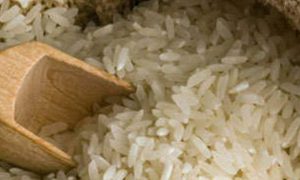Traditional grains paying handsome dividends

FOR many farming seasons, communal farmers in Mapirimira Village, Zvishavane, toiled in their sun-scorched maize fields for little or no returns.
Inconsistent rainfall patterns and arid conditions in the area led to perennial poor maize harvests. But despite the evidently dismal performance of maize in the area, most farmers fiercely resisted agricultural experts’ advice for them to plant traditional grains.
However, with the 2023–2024 summer cropping season being one of the driest in recent times due to the El Niño phenomenon, the Agricultural Advisory and Rural Development Services Directorate (formerly Agritex) went all out to convince farmers in dry regions to go for traditional grains.
A few months down the line, farmers are testifying that their harvests have incredibly improved.
While farmers who planted maize in the drier regions are already counting their losses, those who opted for traditional grains are guaranteed of food security this season.
Last week, a field day was held at Mr Claudiuous Chidhume’s homestead. Mr Chidhume planted close to five hectares of sorghum, pearl and finger millet under the climate-proofed Pfumvudza/Intwasa
programme.
The event was held under the theme: “Agro-Ecological Matching Pays Dividends as Traditional Grains Display Excellence in Drier Regions”.
“Traditional grains have been a game-changer. Producing maize under our conditions has been a huge challenge, but shifting to traditional grains has become our key to food security,” said Mr Chidhume.
He said since 1990 he has been doing small portions of traditional grains, before going bigger in recent years.
“Each year I would do small grains on a small plot. I would try hard to do maize on a large scale using different methods but l always failed
dismally.
“Now that we have taken heed to Government’s call of taking up production of traditional grains, we are already food-secure.
“We appreciate the patience shown by extension officers who never gave up on us as they gave us knowledge on how to do this,” he said.
Another farmer, Mr Sunday Nyoni said he regrets spending so many years focusing on a crop that is not suitable for his region.
“It is unfortunate that I spent much of my time trying to produce maize, l had no idea that traditional grains were the solution to my problems.
“This season, despite it being the driest, I have recorded a success,” said Mr Nyoni. During the event, Lands, Agriculture, Fisheries, Water and Rural Development Permanent Secretary, Professor Obert Jiri said:
“In drier regions, traditional grains have proven to be the way to go. Here we have a practical testament that if we combine the grains with the principles of Pfumvudza, a good harvest is certain.
“During this dry season, traditional grains are thriving here. That is why we have been encouraging agro-ecological matching so that farmers can focus on crops that can thrive in their respective regions.”
Traditional grains are also less expensive to produce.
Source Link: https://www.sundaymail.co.zw/new-traditional-grains-paying-handsome-dividends

















